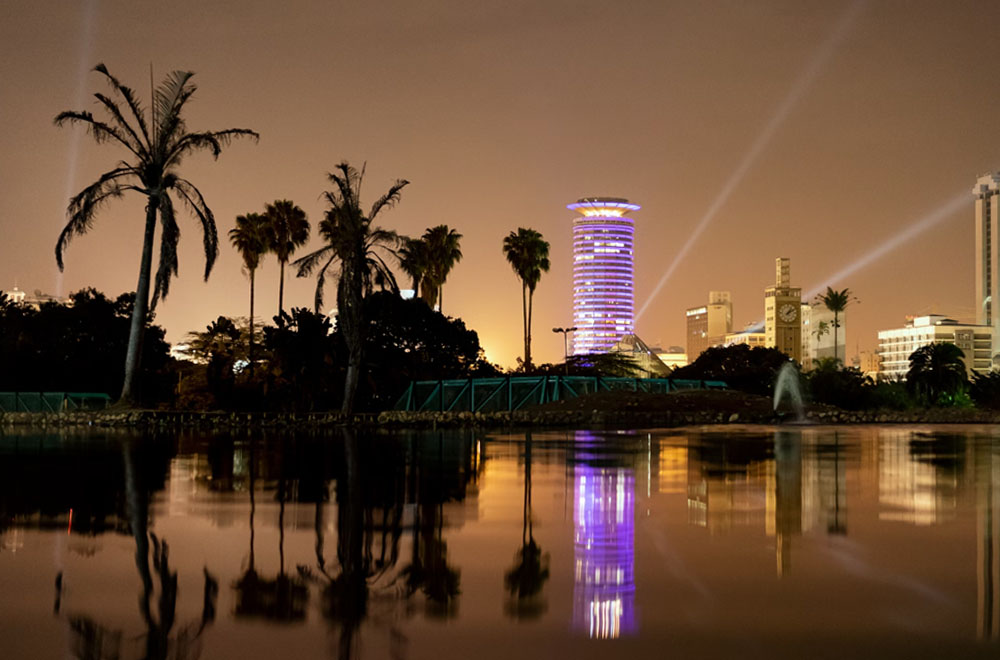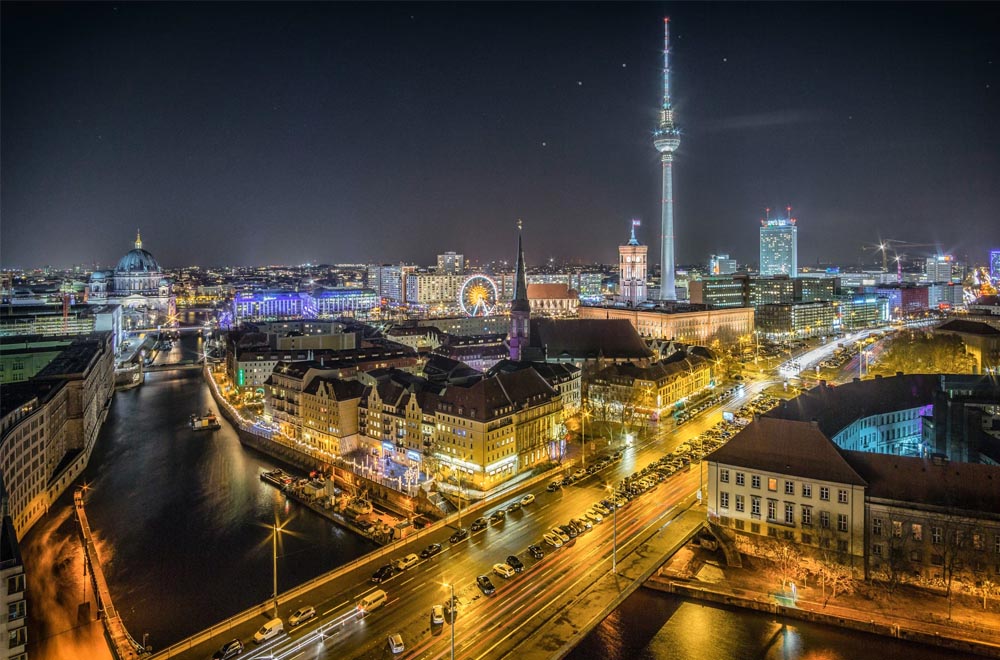In the past couple of months there have several noteworthy changes to the South African immigration landscape. Are these changes applicable to you or your business?
RECENT NOTEWORTHY CHANGES TO THE SA IMMIGRATION LANDSCAPE
The first change came about when the Department of Home Affairs issued their first directive of 2019. This directive pertains to the s11(2) Visitors Visa with endorsement to conduct work in South Africa.
Here is what you need to know:
- The s11(2) Visitors Visa will not be issued by a foreign mission beyond three months. Where an extension is required, same may be applied for in South Africa for an additional and final three-month period
- Once the required periods have concluded, a new s11(2) visa cannot be reapplied for within the same calendar year.
- Where the period of the visa overlaps into the new calendar year, the overlapping days will be considered part of the new calendar year.
- When filling an extension application, DHA will calculate to ensure the applicant does not exceed 180 days in South Africa in any given calendar year.
A section 11(2) Visitors Visa was never intended to permit regular ongoing work, however in recent times many individuals have used it with the extension to bridge the gap between the short-term visa and the longer-term work visas. This directive was issued in an aim to prevent the use of this visa in an unintended manner. The General work visa, critical skills visa and Intra company transfer visa remain the long-term options for work activities within South Africa.
Nandutu v Minister of Home Affairs.
The second major change came via the Constitutional Court in the case of Nandutu v Minister of Home Affairs. The applicants sought to have regulation 9(9)(a) of the Immigration Regulations declared unconstitutional on the basis that it limits the constitutional right to dignity by limiting the rights of persons to marry and cohabit, and the best interests of children by limiting their rights to family care.
Ms Nandutu (a Ugandan citizen who resides with and is married to the second applicant, Mr Tomlinson, a South African permanent resident) entered South Africa on a temporary visitor’s visa that was issued under section 11(1) of the Immigration Act. At the time of entering South Africa, she was pregnant with Mr Tomlinson’s child. Several months later, Ms Nandutu married Mr Tomlinson and gave birth to their son. In order to be able to remain in South Africa with her husband and son, Ms Nandutu applied for a “spousal visa” under section 11(6) of the Act. Her application was rejected on the basis that in terms of section 10(6) of the Act, temporary visa holders are not able to apply for a change in visa status from within South Africa, and must make those applications from outside South Africa. She could not even be accommodated under exceptions that make it possible for visa holders to apply for a change in visa status from within South Africa. That was because the exceptions did not cover their situation. The exceptions are contained in regulation 9(9)(a) of the Immigration Regulations.
The main issue before the Constitutional Court was whether regulation 9(9)(a) is constitutionally invalid to the extent that it does not extend “exceptional circumstances” to include “where the applicant is a foreign spouse or child of a South African citizen or permanent resident”.
The majority declared regulation 9(9)(a) invalid and inconsistent with the Constitution, in that it unjustifiably limits the constitutional right to dignity and the right that a child’s best interests are paramount in every matter concerning the child.
The effect of this ruling means that spouses and children of South African citizens or permanent residents would not have to depart from South Africa when applying for a change in Visitor’s visa status. This change of status application can now be submitted at any VFS office located in South Africa.
In theory this ruling is a major positive, it however remains to be seen whether the Department of Home Affairs will interpret the ruling correctly.
Read our November 2021 Letter from the CEO here, touching on important changes in South African Policy.
Written by: Andreas Krensel



